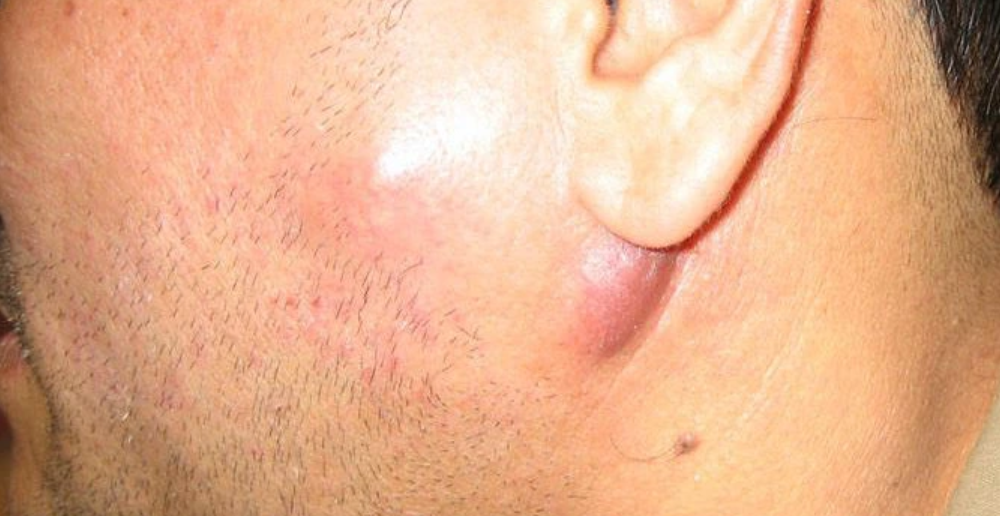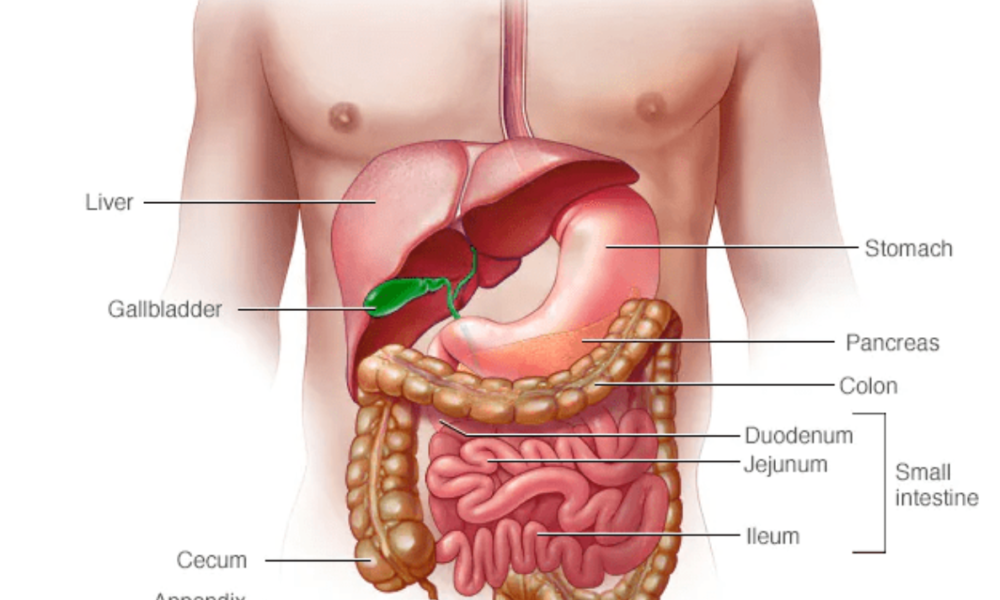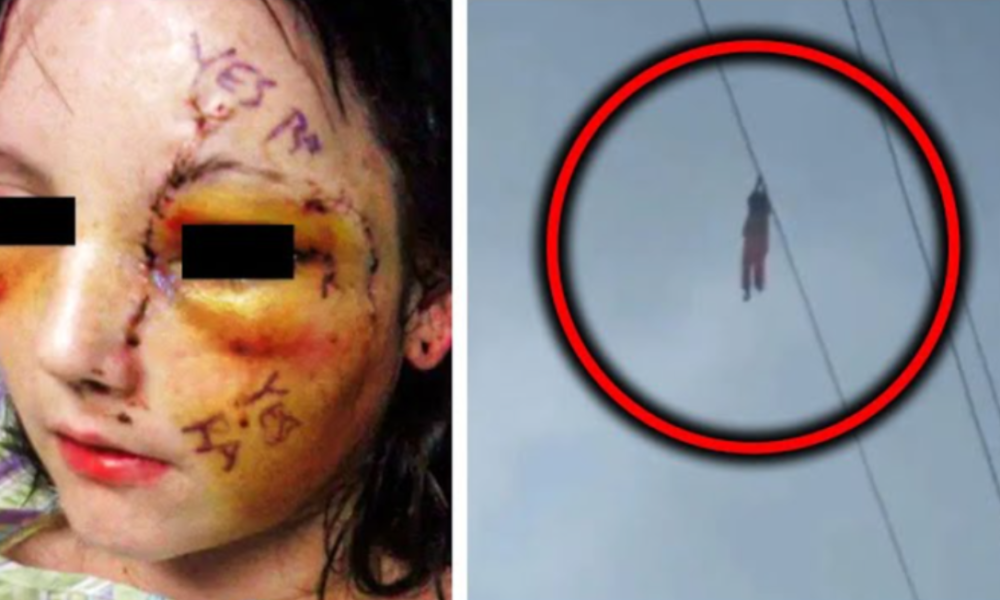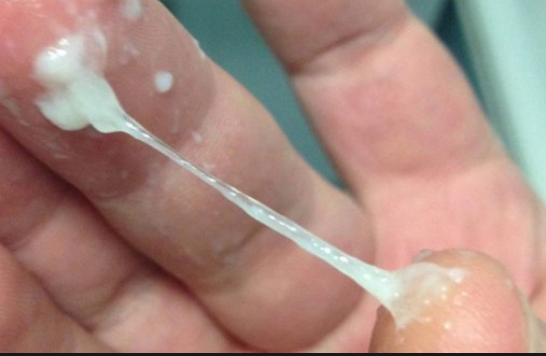It’s important to note that HIV (human immunodeficiency virus) cannot be diagnosed based solely on signs or symptoms, as many of them can be caused by various other conditions.…Click Here To Continue Reading>>
The only way to confirm an HIV infection is through specific tests conducted by healthcare professionals. However, there are some common signs that may indicate a possible HIV infection:
Early Stage Symptoms:
In the initial stages of HIV infection (within a few weeks to a month after exposure), some people may…Read Full story…>>
experience flu-like symptoms, such as fever, fatigue, sore throat, swollen lymph nodes, and body aches. However, these symptoms are non-specific and can be caused by many other illnesses.
Rash:
A rash is a common symptom during the early stage of HIV infection. It usually appears as a reddish or brownish skin eruption, often on the trunk of the body.
Oral Thrush:
A yeast infection called oral candidiasis or thrush may occur in the mouth and throat, causing white or yellowish plaques on the tongue, gums, or throat. This condition is more common in people with weakened immune systems.
…Click Here To Continue Reading>>
Weight Loss and Fatigue:
As HIV progresses, the virus can affect the body’s ability to absorb nutrients, leading to weight loss and chronic fatigue. These symptoms may be accompanied by muscle or joint pain.
Night Sweats and Fever:
Persistent night sweats and recurrent fevers without any apparent cause can sometimes be indicative of HIV infection.
Skin Problems:
HIV-positive individuals may experience skin problems such as rashes, sores, or lesions that are difficult to heal. These skin issues may be a result of a weakened immune system.
It is important to remember that these signs and symptoms are not exclusive to HIV and can be associated with many other conditions. The best way to determine whether someone is HIV positive is through appropriate testing, such as blood tests that detect HIV antibodies or the presence of the virus itself. If you suspect you or someone else may have been exposed to HIV, it is crucial to seek medical advice and get tested for an accurate diagnosis.







